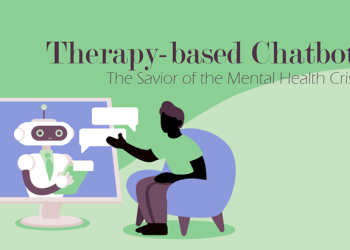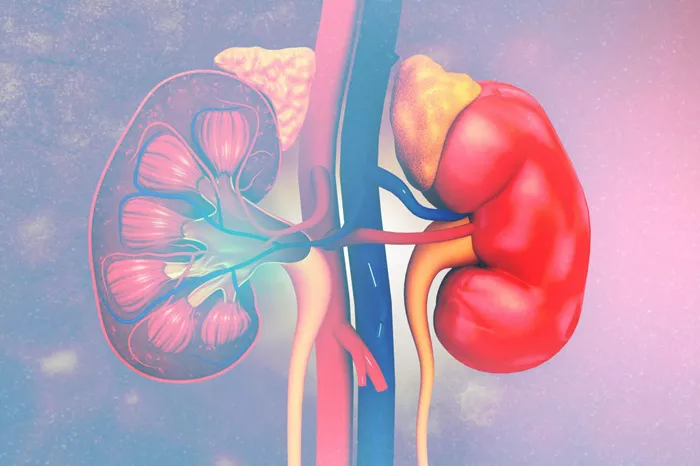A recent study led by researchers Nadia Davoody and Sravya Katta at the Karolinska Institute sheds light on the significant gaps in healthcare professionals’ understanding of the specific needs and challenges faced by transgender, non-binary, and intersex (TNBI) individuals. Published in the JMIR Medical Education journal, the study calls for urgent interventions to bridge these gaps and improve care quality for TNBI individuals.
Key Findings:
1.Awareness and Communication:Healthcare professionals acknowledge the importance of understanding gender diversity in providing respectful and affirming care. However, a lack of awareness often leads to poor communication and discomfort for TNBI patients. Participants emphasized the need for inclusive language and correct pronoun usage, noting that misgendering and assumptions about gender can negatively affect trust and care quality.
2.Training and Educational Needs:There is a significant gap in existing TNBI healthcare training programs. Professionals expressed the need for more comprehensive education on TNBI health issues, particularly mental health and gender-affirming care. Specialized training tailored to the unique healthcare needs of TNBI patients is crucial, with ongoing education recommended to stay updated with evolving best practices.
3.Digital Education Resources:Healthcare professionals prefer user-friendly digital resources that are easy to navigate. They suggested that such resources should include interactive elements, case studies, and real-world scenarios to enhance learning. Additionally, features like subtitles, audio descriptions, and adjustable text sizes are vital to ensure accessibility for all healthcare professionals, including those with disabilities.
4.Structural and Social Challenges:Participants pointed out significant infrastructure deficiencies in healthcare systems that hinder the delivery of gender-affirming care. These include a lack of specialized resources and support systems for TNBI patients. There are also gaps in regulations and policies that support TNBI healthcare, with professionals calling for clearer guidelines to ensure consistent and equitable care for TNBI patients.
The study emphasizes the need for targeted interventions, including comprehensive training, the development of digital resources, and improvements in the healthcare system’s infrastructure to address the specific needs of TNBI individuals effectively.
Related topics


































